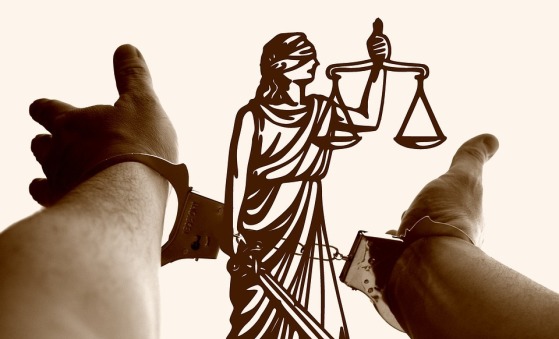A top court in New Delhi has passed a slew of orders to check reckless or "dangerous" driving on Delhi roads, including the ban of smoking while driving in what is believed to be the first of its kind in any major city worldwide.
Noting that New Delhi roads were becoming increasingly unsafe and hazardous to "to human life," the city's High Court, March 26, imposed new measures aimed at deterring reckless drivers, including ban on smoking, ban on all tinted glasses and a prohibition on using mobile phones while behind the wheel.
"Anything that distracts the attention of driver is dangerous. The human mind cannot do two things simultaneously," said New Delhi traffic commissioner Qamar Ahmed, welcoming the court ruling, which goes into effect April 9 and only covers New Delhi.
The new penalties came in an order issued by Justices Swatanter Kumar and H.R. Malhotra, who were acting suo motu as the death toll on city roads rose to more than 1,900 annually. Existing traffic laws, which have not been updated since their introduction 20 years ago, are going largely ignored.
According to Ahmed, the High Court division bench has stepped in to hike traffic fines, laid down strict guidelines for bus drivers (reported by many media as the main cause of accidents) and have fixed the speed limit for vehicles – 45–50 kmph (kilometers per hour) for light vehicles and 35–40 kmph for heavy vehicles within the city.
"Immense influx of light and heavy vehicular traffic has made Delhi roads dangerous to human life. Therefore, control of traffic in NCR and NCT is a matter of paramount public safety and has been a matter of judicial concern," the bench was quoted as saying in its 70–page judgment dealing with each of the aspect of the traffic system by The Times of India. "The gravity of offenses like rash driving and red–light jumping has lost their impact because of low fines."
The bench had initially been toying with the idea of hiking traffic fines but it faced stiff resistance from the government which claimed an amendment to the Motor Vehicles Act was necessary for the purpose. Subsequently, the court circumvented the problem by introducing a flat "compounding fee" of Rs. 500 to be charged with every fine.
The compounding fee, the bench said, was a way to recover the huge expense incurred by the government in traffic modernization.
Ordering the ban on tinted windows (including all kinds of black film on glasses), the bench reasoned that it was not only distractive to other drivers but also has statistically led to an alarming rise in cases of rape and murder in moving vehicles.
As per the new order, those caught smoking behind the wheel would now pay US$ 33, a heavy fine by local standards. Offenders caught more than five times would have their license revoked, the court said. The same fines apply to using a cell phone and the less well–defined offense of "dangerous driving."
Under the new measures, a motorist jumping a red light or crossing the stop line will pay US$ 13, compared with the current US$ 2.50. The same amount of fine would apply for motorists caught using tinted glasses, having faulty number plates, parking car in no–parking zones, not wearing seat–belts or honking in prohibited zones (eg. Hospital or school zones).
While drunken driving would now invoke a fine of US$ 15, exceeding the stipulated speed limit would invoke US$ 20.
Traffic has steadily worsened in recent years in New Delhi, where more than 14 million people and 4 million vehicles jostle for space on the roads. That is despite some 2 million people commuting daily on a metro rail introduced in parts of the capital in 2002.
"The court order will definitely make a dent. At present, motorists don't mind paying small fines and continue violating traffic rules," New Delhi police spokesman Rajan Bhagat said.
It is not the first time New Delhi's courts have played an activist role. A 1998 court order eventually forced all the city's public transport to switch from gasoline and diesel to compressed natural gas (CNG) to cut pollution.




